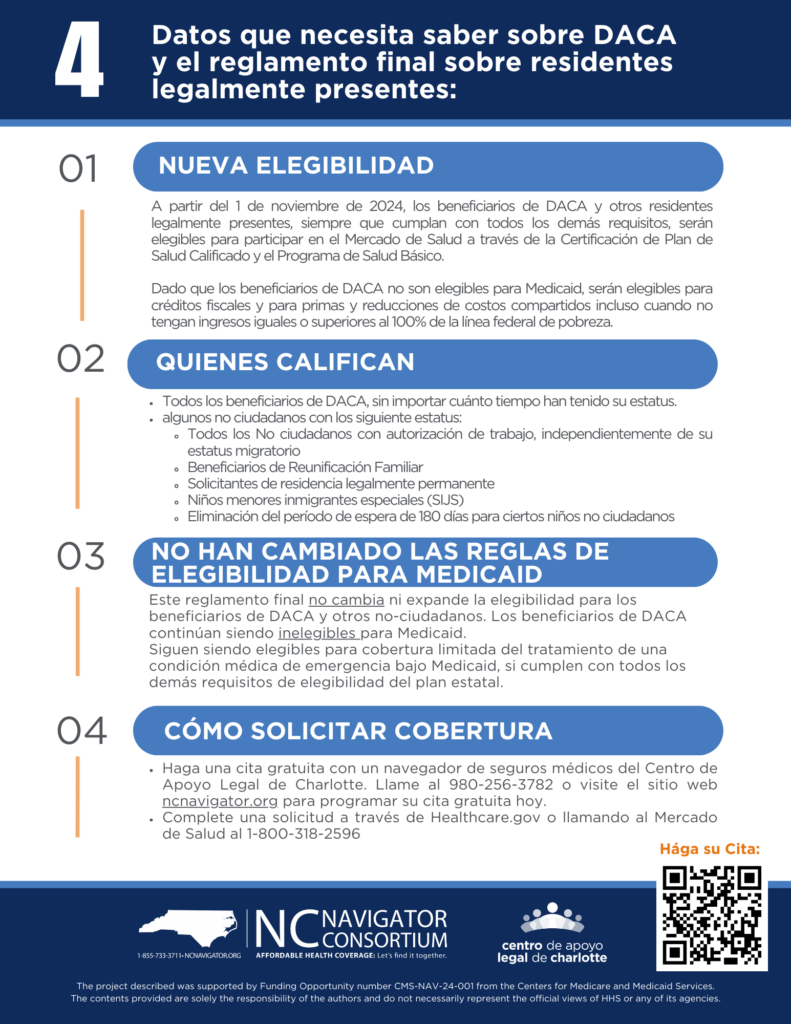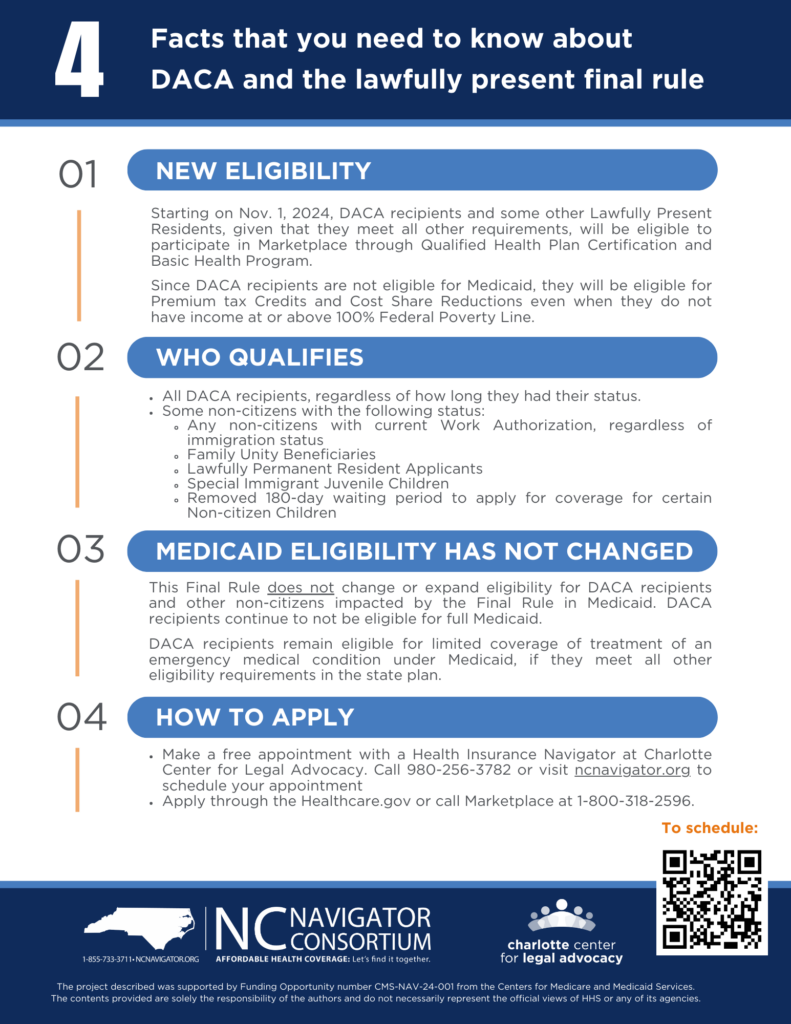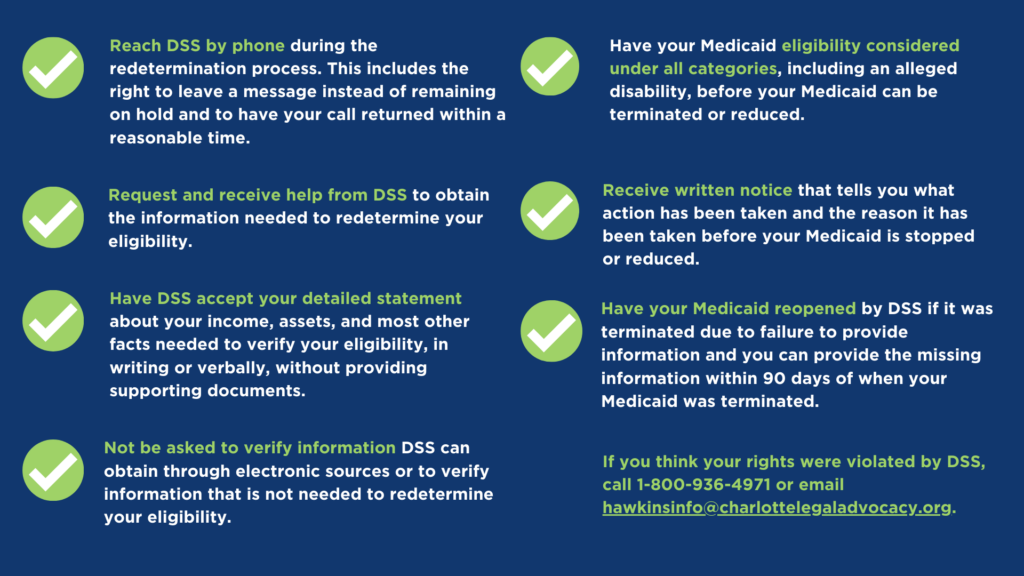¿Necesita ayuda para preparar sus impuestos? Conéctese con estos útiles recursos GRATUITOS para comenzar.
VITA Latino
Los centros VITA ofrecen ayuda GRATUITA a la comunidad Latina que necesiten asistencia con la preparación de sus propias declaraciones de impuestos, incluyendo a:
- Personas con ingreso de $67,000 o menos;
- Personas que tengan número de seguro social o ITIN (W7);
- Personas que tienen dominio limitado del inglés.
Haz tu cita: VITA Latino
AARP
Tax-Aide de la Fundación AARP brinda asistencia de impuestos en persona y virtual a cualquier persona sin cargo, con un enfoque especial en los contribuyentes mayores de 50 años o con ingresos bajos a moderados. Los voluntarios de Tax-Aide están ubicados en todo el país, y están capacitados y certificados por el IRS cada año para asegurarse de que entienden los últimos cambios y adiciones a el código fiscal.
Haz tu cita: AARP Foundation Tax-Aide Service
GetYourRefund.org
GetYourRefund.org es un sitio web sin fines de lucro creado en asociación con los sitios de Asistencia Voluntaria a los Contribuyentes (VITA) certificados por el IRS a nivel nacional. El servicio brinda asistencia con la declaración de impuestos a las familias que ganan menos de $67,000 al año.
Tendrás que subir fotos de su identificación, responder preguntas sobre tu situación fiscal y subir tus documentos de ingresos. Un especialista en impuestos lo llamará por teléfono para hablar sobre sus impuestos, responder cualquier pregunta y completar su declaración. Sus voluntarios capacitados también pueden ayudarlo a presentar declaraciones de impuestos de años anteriores y asegurarse de que reciba los créditos fiscales para los que califica.
Visit GetYourRefund.org/ y click “Get Started”.
IRS Direct File
Direct File es un servicio digital que permite a los contribuyentes presentar sus impuestos federales y estatales directamente con el gobierno, ¡de forma gratuita! Después de un programa piloto exitoso en 2024, el IRS convirtió Direct File en una opción permanente para la presentación de impuestos. Este año, Direct File está disponible para contribuyentes elegibles en 25 estados, incluido Carolina del Norte. Direct File está disponible en inglés y español.
Obtén más información en directfile.irs.gov.
IRS Free File
Si el ingreso de su hogar fue de $72,000 o menos, Free File del IRS también le permite preparar y presentar su declaración de impuestos FEDERAL sobre la renta en línea mediante la preparación de impuestos guiada, en un sitio asociado del IRS o en los formularios rellenables de Free File. Hay opciones disponibles en inglés y español.
Free File del IRS: Haga sus impuestos gratuitamente | Internal Revenue Service
Contribuyentes de Bajos Ingresos de Carolina del Norte
¿Tiene problemas con el IRS? ¿Necesita ayuda con una auditoría? ¿El IRS está tomando dinero de su cheque de pago aunque no esté de acuerdo con una factura de impuestos que le envió?
La Clínica para Contribuyentes de Bajos Ingresos de Carolina del Centro de Apoyo legal de Charlotte ayuda a los contribuyentes a comprender y manejar sus problemas fiscales. Más información sobre cómo podemos ayudar.


